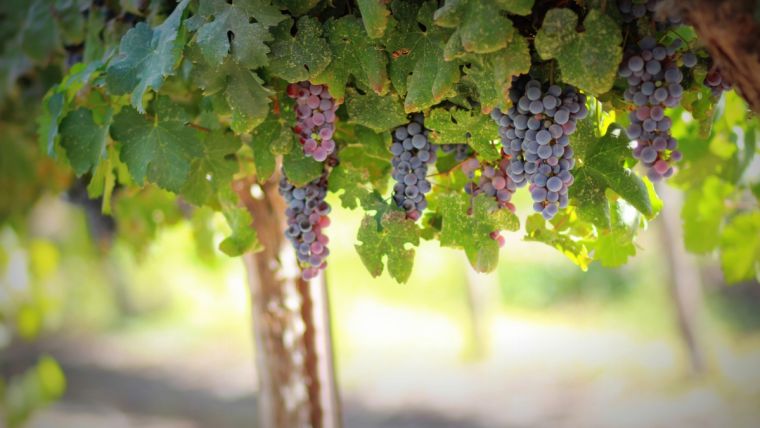'What Do You Mean By Crushing My People?' 7 Tests Of Spiritual Fruitfulness

ARE YOU a fruitful – or fruitless – Christian? What matters ultimately, of course, is God's opinion – but how can we know what he thinks?
That's where a story Jesus tells comes in. The parable of the vineyard (Mark 12v1-12) is about the owner of a vineyard who sends his servants to collect his rightful share of produce. But the vineyard tenants repeatedly turn away the servants, becoming more and more violent towards them. Eventually they murder the final person sent to ask for fruit – the owner's own son.
In this story, Jesus is developing a well known section from the Old Testament in Isaiah 1-5 which portrays God's people as a beautiful vineyard, but bemoans the lack of fruit. While the Bible uses the picture of fruitfulness in various ways, that essential background helps us ask ourselves questions about our own fruitfulness as we consider Jesus' specific words here.
(1) Are we great at 'worship' – but indifferent to the poor? In Isaiah 1, God laments the people's many religious festivals, of which he says he is "weary". Rather, he tells them: "Learn to do good; seek justice, rescue the oppressed, defend the orphan, plead for the widow." How does that apply to us, to our church and our country?
(2) Is our faith compromised? In Isaiah 2, God says that rather than walking "in the light of the Lord" the people are more preoccupied with diviners and soothsayers – spiritual things, for sure, but ones that would lead them astray. Do we, too, change our faith to appease the culture around us?
(3) Are we preoccupied with wealth? The Lord then denounces the fact that "their land is filled with silver and gold, and there is no end to their treasures". The application of this in consumerist societies scarcely needs stating.
(4) Do we have God-substitutes? After that, God speaks of how his people are preoccupied "with idols; they bow down to the work of their hands..." We probably don't worship a physical idol – but quite possibly we sit before the flickering light of our TV or computer screen with more devotion than we do to the Lord.
(5) Are we corrupt leaders? The Lord particularly speaks out against "the elders and princes of his people" saying, "It is you who have devoured the vineyard; the spoil of the poor is in your houses. What do you mean by crushing my people, by grinding the face of the poor?" (Isaiah 3v14-15).
(6) What is our attitude to the homeless? In Isaiah 5, God denounces "you who join house to house, who add field to field, until there is room for no-one but you."
(7) Are we pleasure-seekers or God-seekers? The Lord goes on to speak against "you who rise early in the morning in pursuit of strong drink, who linger in the evening to be inflamed by wine... but who do not regard the deeds of the Lord."
It is clear Jesus' words were especially aimed at the those with any spiritual authority (Mark 11v27, 12v1, 12v12), though none of us can ignore the message of this parable.
The response Jesus seeks is not to "try a little harder". As God says in Isaiah 1, "Though your sins are like scarlet, they shall be like snow." Christians know this is achieved not through our own efforts but through Christ, the vital cornerstone of life, and our response to him, (v10-11). The people Jesus addressed were about to make the fatal mistake of rejecting him. We'll think more about this in the next article in this series.
But for now, let's pause and pray: "Lord Jesus when you look at my life, my church, my nation – what do you see: fruitfulness, or sour grapes? Apart from you, we can do nothing. Help us to abide in you, build our lives on you, and seek your fruit in our lives for your glory. Amen."
David Baker is a former daily newspaper journalist now working as an Anglican minister in Sussex, England. The Rough Guide to Discipleship is a fortnightly series. Find him on Twitter @Baker_David_A











